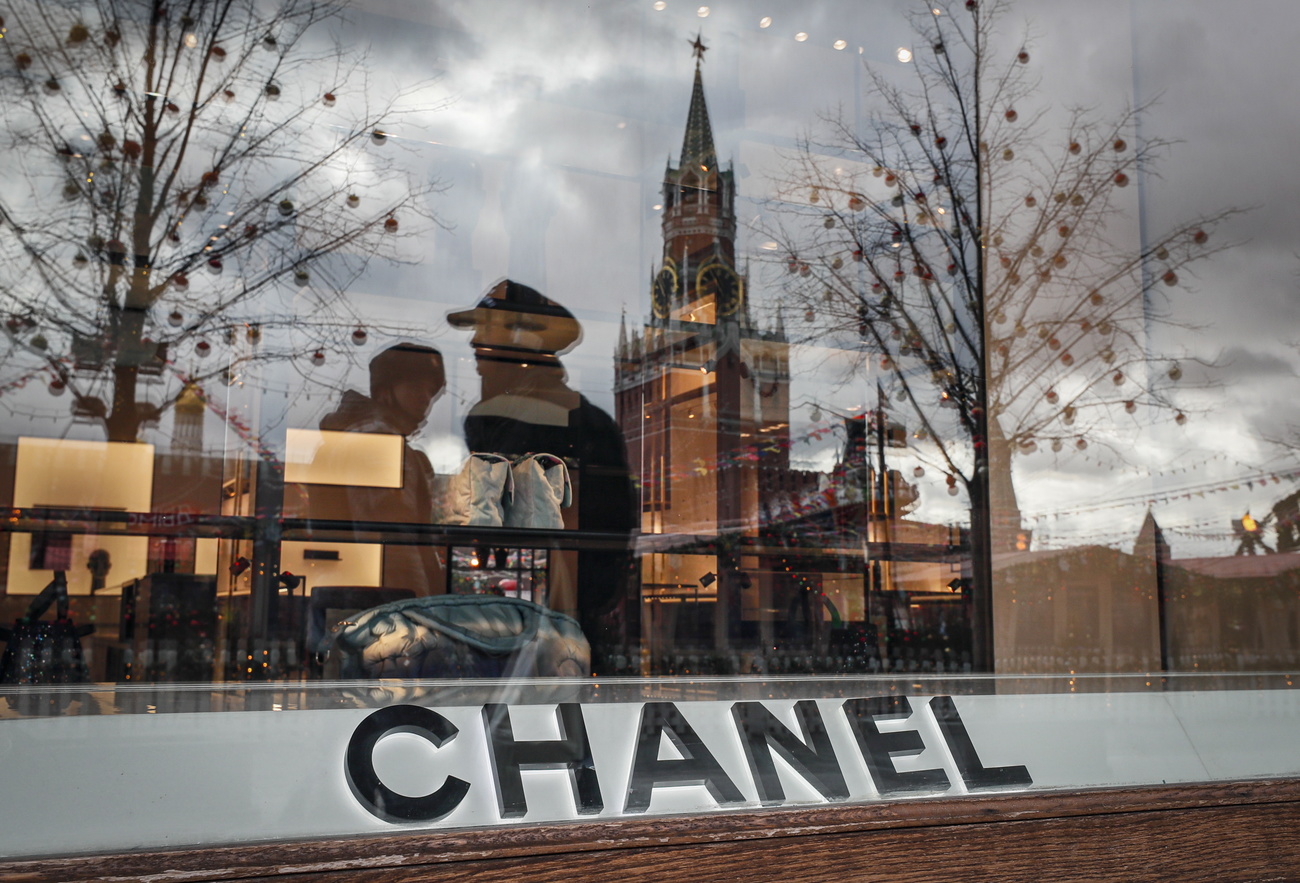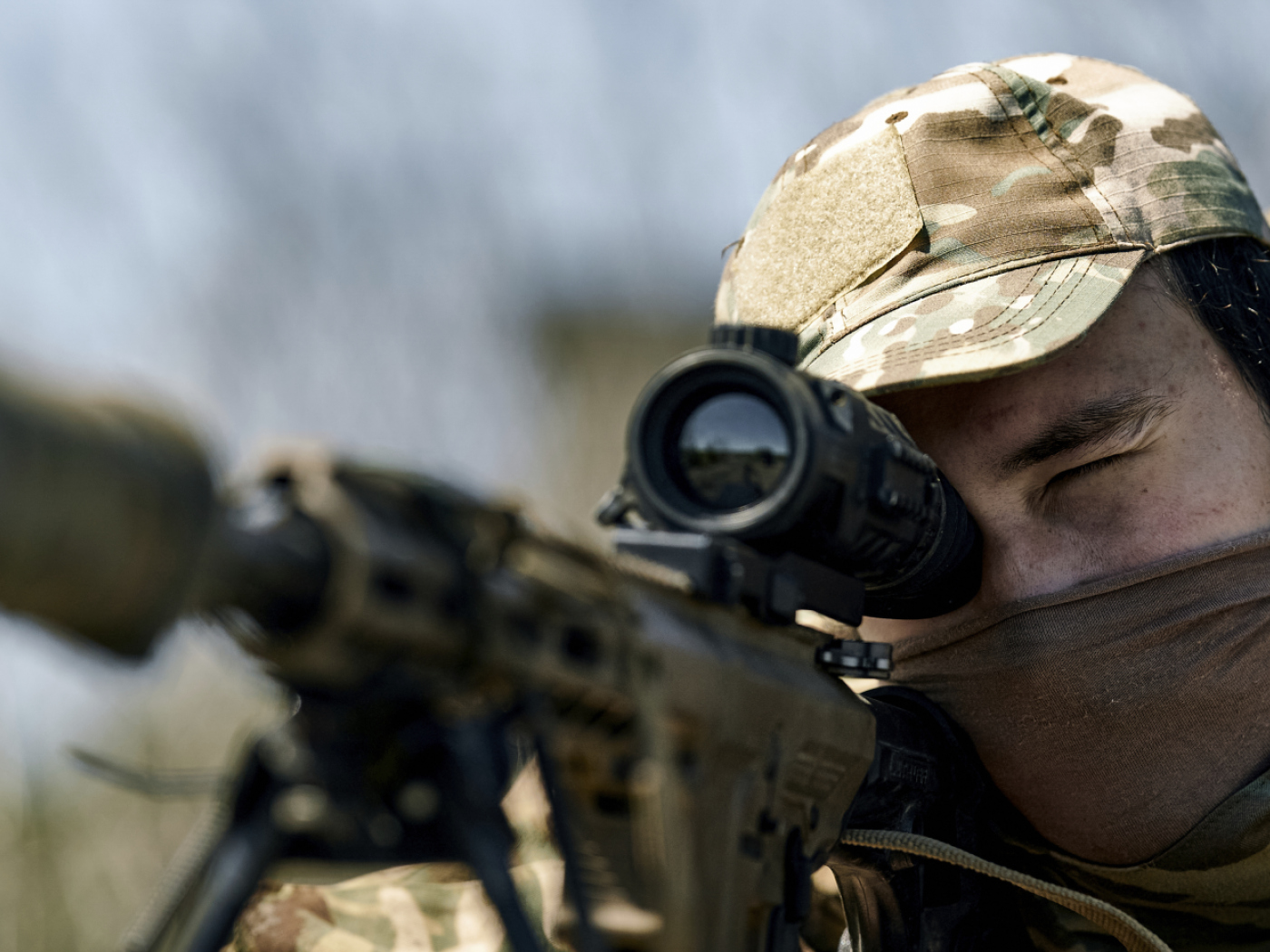
Switzerland Today
Greetings from Lausanne!
Here are the latest news and stories from Switzerland on Monday.

In the news: emergency aid for Ukraine, the rising Swiss franc and another football trial.
- The Swiss National Bank has renewed its pledge to intervene in the currency markets to halt a rise in the franc after safe-haven inflows caused by the war in Ukraine briefly pushed the currency above parity with the euro. The euro/franc exchange rate fell to 0.991 in Asia overnight.
- Around 35 tonnes of emergency aid, including medical equipment and tents, sent from Switzerland to help victims of the war in Ukraine have arrived in the capital, Kyiv.
- Former FIFA Secretary General Jerome Valcke and Qatari sports and broadcasting executive Nasser Al-Khelaifi, the president of French football club Paris St Germain (PSG), went on trial todayExternal link in the appeals court of Switzerland’s Federal Criminal Court, in a bribery case involving World Cup media rights. The court has scheduled four days for the appeal.
- UBS executives took home less pay in 2021, Switzerland’s biggest bank saidExternal link today, as bonuses were cut over the bank’s $774 million loss from the collapse of US family office Archegos. The drop came despite the bank posting its best annual profit since 2006.
- A Swiss freelance journalist has reportedly been wounded and robbed in the Mykolaiv region of southern Ukraine.

The war in Ukraine has sent oil and gas prices soaring.
Oil prices spiked at their highest levels since 2008 today amid market supply fears as the United States and European allies considered banning Russian oil imports. Russia is the world’s top exporter of crude and oil products combined.
European gas prices have also risen amid ongoing sanctions and over fears of supply disruptions to natural gas, 40% of which is supplied by Russia. Switzerland got 47% of its imported gasExternal link from Russia in 2020. One in fiveExternal link Swiss homes uses gas for heating.
Switzerland, which is dependent on energy imports, on Friday said its energy supply was secure for this winter, but the government does not exclude a “residual risk” and is working to get a new plan in place for the Swiss gas industry.
In this regard, French-speaking cantons are better off than German-speaking areas, according to Swiss public radio, RTSExternal link. French-speaking regions are mainly connected to France, which is less dependent on Russian gas, and Italy.
Switzerland remains exposed, however. Suppliers must increase reserves but the problem is that there are no large gas storage facilities in the Alpine country. Switzerland is also not an EU member and can therefore not benefit from any solidarity arrangements for the delivery of gas.
The government has therefore created the necessary framework conditions for the energy industry to quickly seek additional gas storageoptions outside the country for the 2022-2023 winter and to import more liquefied natural gas.
The crisis is also forcing the authorities to rethink how to boost renewables in Switzerland in order to wean the country off imports of gas, oil and electricity.

Russia says deals with ‘unfriendly’ countries will require approval.
Russia said today that all corporate deals with companies and individuals from so-called “unfriendly countries”, which include Switzerland, would now have to be approved by a government commission.
The Russian government said it had approved a list of countries and territories taking “unfriendly actions” against Russia, its companies and citizens, in the wake of severe economic sanctions over the Ukraine conflict.
The list follows a presidential decree on March 5 allowing the Russian government, companies and citizens to temporarily pay foreign currency debts owed to overseas creditors from “unfriendly countries” in roubles.
A government statement showed the list of countries included the United States, European Union member states, Britain, Japan, Canada, Norway, Singapore, South Korea, Switzerland and Ukraine.
The Swiss government has taken a series of sanctions against Russia in step with measures imposed by the EU.
The Institute for International Finance (IIF) last week predicted a 15% contraction in Russia’s GDP in 2022 due to the sanctions.

It’s carnival season in Switzerland.
The Fasnacht in Basel – Switzerland’s largest carnival – got underway in the northwest city today after a two-year break due to the Covid-19 pandemic.
Thousands of people lined the city’s streets to watch the participants – costumed bands of musicians and groups wearing masks carrying large decorative lanterns.
The colourful festivities started at 4am when the streetlights were switched off in the centre of the city and the sound of flutes and drums filled the air for what’s known as ‘Morgestraich’.
Black humour has been part of carnival since the Middle Ages, when the lower classes seized the opportunity to mock their rulers from the safety of their disguises. The jokes and decorated lanterns at Fasnacht tend to reflect local and world events.
The start of this year’s Fasnacht was special as the previous two years had been cancelled owing to the pandemic. Prior to the outbreak of the virus, Basel’s carnival attracted around 200,000 spectators every year. The carnival runs until 4am on Thursday.
More

In compliance with the JTI standards
More: SWI swissinfo.ch certified by the Journalism Trust Initiative








